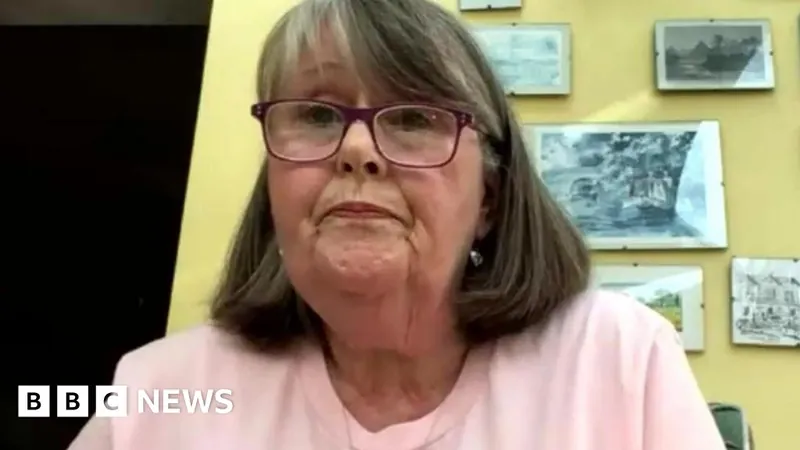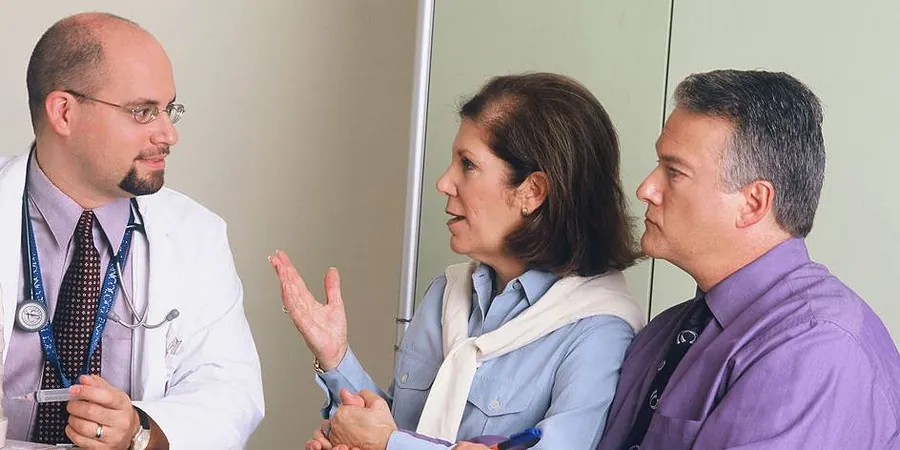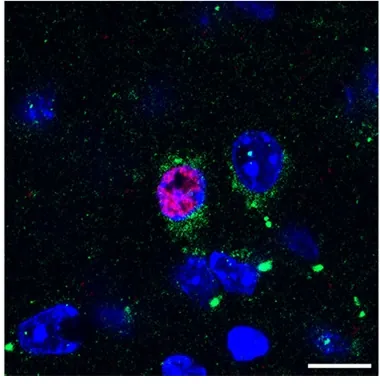
Expanded Bowel Cancer Screening in Wales Poised to Save Thousands of Lives
2024-10-07
Author: Rajesh
Introduction
In a groundbreaking announcement, the Welsh government is set to expand its bowel cancer screening program, a move that health officials believe will significantly increase early detection and save countless lives. This development comes as a beacon of hope, not only for potential cancer patients but also for the healthcare system as it aims to enhance cancer outcomes across the region.
Details of the Initiative
Under the new initiative, individuals aged 50 and over will automatically receive at-home bowel screening tests, a crucial change that lowers the minimum age for eligibility by one year. Health Minister Jeremy Miles confirmed that this expansion will allow thousands more people to access vital screening through their General Practitioners, ensuring that detection is not just timely but also convenient.
Personal Story
One inspiring voice in this initiative is Andrea Weston, a 65-year-old woman from Swansea who bravely battled Stage 1 bowel cancer after her diagnosis was made possible through early screening. "The news blew my world apart – I was devastated," Weston recounted, reflecting on the moment she learned she had cancer. However, fortunate enough to catch the disease early on, she underwent successful surgery a month later and is now in recovery.
Importance of Participation
Weston emphasized the importance of participation in these tests, saying, "It is really, really important that people do the tests because it literally saved my life." She noted that expanding the testing program will not only save lives but also alleviate pressure on the National Health Service (NHS) by minimizing the need for more extensive treatments.
Current Bowel Cancer Statistics
Bowel cancer remains one of the most prevalent forms of cancer in Wales, with approximately 2,400 new diagnoses each year. The existing screening protocol targets individuals aged 51 to 74, who are offered a self-screening kit every two years. The screening kit involves a faecal immunochemical test that detects early signs of bowel cancer, with the potential to identify non-cancerous polyps that may develop into cancer if left unchecked.
Government Commitment
Minister Miles reinforced the commitment to improving cancer outcomes in Wales, stating, "The best way to do this is to detect and diagnose more cancers at an earlier stage – screening helps us to do this." He expressed his delight that many more individuals will receive the simple-to-use bowel screening test in the comfort of their own homes, paving the way for a healthier future.
Conclusion
With the program poised to expand, the message is clear: early detection not only saves lives but also stands to strengthen the NHS by mitigating the costs associated with advanced cancer treatments. As Wales takes this important step forward, the hope is to inspire other regions to consider similar initiatives in the fight against cancer.



 Brasil (PT)
Brasil (PT)
 Canada (EN)
Canada (EN)
 Chile (ES)
Chile (ES)
 España (ES)
España (ES)
 France (FR)
France (FR)
 Hong Kong (EN)
Hong Kong (EN)
 Italia (IT)
Italia (IT)
 日本 (JA)
日本 (JA)
 Magyarország (HU)
Magyarország (HU)
 Norge (NO)
Norge (NO)
 Polska (PL)
Polska (PL)
 Schweiz (DE)
Schweiz (DE)
 Singapore (EN)
Singapore (EN)
 Sverige (SV)
Sverige (SV)
 Suomi (FI)
Suomi (FI)
 Türkiye (TR)
Türkiye (TR)